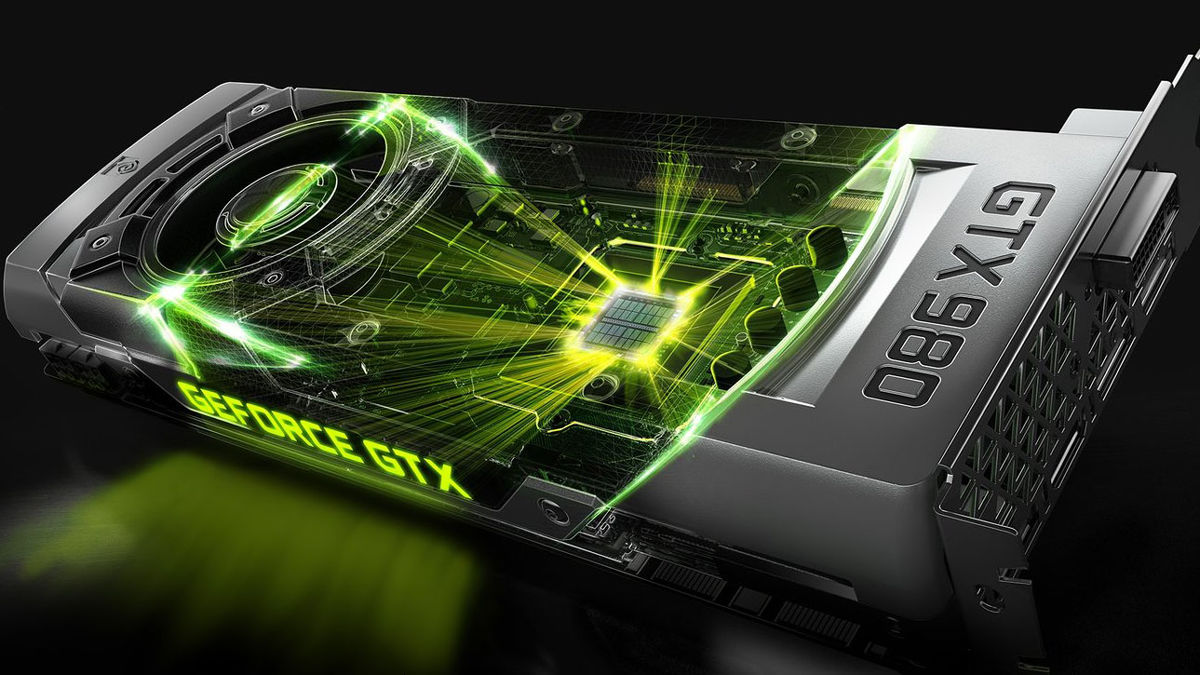This week in AI, the demand for custom AI chips is on the rise as the generative AI boom continues to shape the industry. Companies like d-Matrix, a startup in the AI chip space, have secured significant funding to develop and commercialize inference compute platforms that offer cost-effective alternatives to GPU-based solutions.
Key Takeaway
The demand for custom AI chips is growing due to the hardware shortage caused by the rise in generative AI. Startups like d-Matrix offer cost-effective alternatives to GPU-based solutions, potentially leveling the playing field for smaller companies in the AI industry.
The AI Hardware Shortage
The rapid adoption of generative AI has led to a shortage of AI hardware, particularly GPUs, which are commonly used to run AI models. Companies like Microsoft have warned of potential disruptions in their Azure AI services due to chip shortages. Even major players like Nvidia, known for their AI chips, are struggling to keep up with the high demand.
In response to this shortage, companies like Microsoft, Amazon, and Meta are investing in developing their own in-house next-gen chips for AI inferencing. However, for smaller companies without the resources for such endeavors, turning to startups like d-Matrix provides a viable solution.
Potential for Equalization
d-Matrix and similar startups have the potential to level the playing field in the generative AI space. Currently, the industry is divided into “GPU rich” and “GPU poor” groups, with established players like Google OpenAI dominating the former category and European startups and government-backed supercomputers falling into the latter.
The AI industry is plagued by inequality, from the labeling of training data to biases in trained models. The hardware shortage threatens to exacerbate this disparity. However, startups like d-Matrix offering cheaper, commercially available AI inferencing chips could help bridge this gap.
Other Notable AI Stories
- Imbue, an AI research lab, raises $200 million to research human intelligence fundamentals
- eBay introduces an AI tool that generates product listings from photos
- Anthropic launches a paid plan for its AI-powered chatbot, Claude 2
- OpenAI announces its first developer conference, OpenAI DevDay
- Zoom rebrands and updates its AI-powered features
- AI language models continue to face challenges in avoiding generating false or made-up information
- Attorneys general call for action against AI-enabled child sexual abuse material
- New tool, Artisse, generates AI photos of individuals using selfies
Advancements in Machine Learning
Apart from the demand for custom AI chips, the field of machine learning is witnessing progress in various domains:
- An AI-driven high-speed drone surpasses human world champions in a racing competition
- Osmo publishes a paper on quantifying and mapping scents, potentially streamlining fragrance synthesis
- Machine learning models analyze audio recordings to track wildlife in Costa Rica
- Microsoft’s AI for Good Research Lab leverages machine learning models to process large amounts of time-sensitive data for conservation efforts
- A machine learning model detects severe aortic stenosis, a form of heart disease, in ultrasounds of the heart
- Baidu’s latest language model showcases its restrictions and peculiarities under China’s AI regulations
These advancements highlight the diverse applications of AI and machine learning across various industries, from entertainment to conservation and healthcare.

























